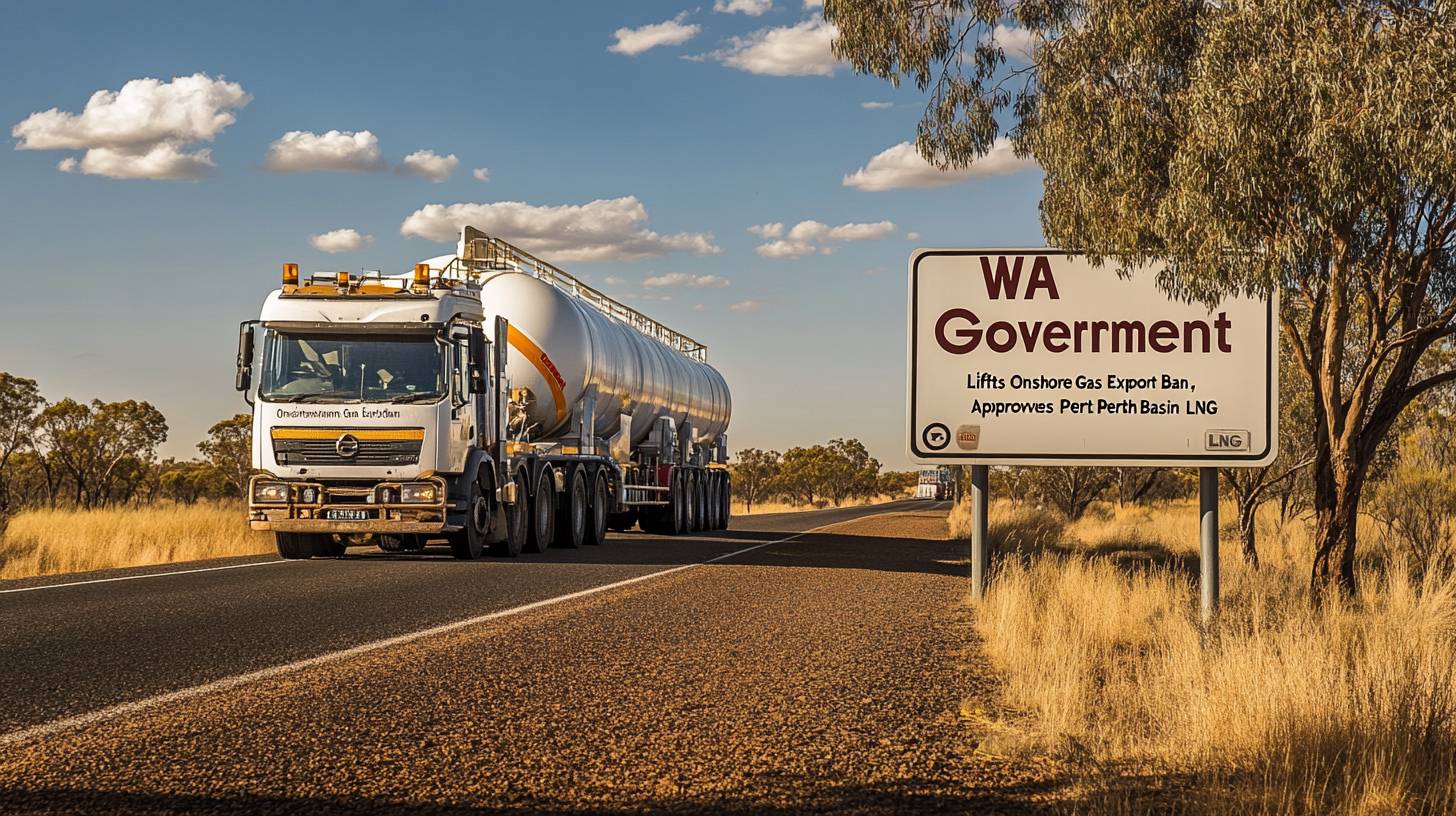
Revisions to WA Domestic Gas Regulations and Industry Reaction
The Domestic Gas Regulations in Western Australia (WA) have undergone considerable changes, which have been well-received by major figures in the Australian oil and gas industry. The most significant alteration is the removal of the export prohibition on onshore gas production, a move extensively awaited by industry participants. This policy transformation now permits producers to ship out up to 20% of their total gas production as liquefied natural gas (LNG), a change anticipated to generate new revenue opportunities for firms operating in the Perth Basin.
The industry’s reaction has been overwhelmingly positive, with many considering the regulatory shift a pivotal step towards improving the commercial feasibility of onshore gas initiatives. The capability to export a fraction of production is regarded as revolutionary, especially for smaller producers who have been limited by previous domestic-only supply stipulations. This policy modification is forecasted to encourage further investment in exploration and development endeavors within the area, as companies seek to benefit from the rising global demand for LNG.
Although the WA government has reaffirmed its dedication to maintaining a consistent domestic gas supply, the introduction of export allowances presents a balanced strategy that bolsters both local energy security and the economic potential of the state’s natural gas assets. The regulatory change is also expected to enhance the competitiveness of WA’s gas industry on an international scale, establishing it as a crucial participant in the global LNG market.
Export Pathways for Perth Basin LNG
The removal of the export ban offers a notable opportunity for producers in the Perth Basin to access the profitable global LNG market. With the capacity to sell up to 20% of their production overseas, companies in the region can now broaden their revenue sources and lessen their dependence on domestic sales. This is especially beneficial given the robust demand for LNG in major markets such as Asia, where nations like Japan, South Korea, and China are eager to secure long-term energy supplies to accommodate their increasing consumption needs.
For investors, this policy revision could lead to greater profitability for Perth Basin operators, as LNG exports generally achieve higher prices than domestic gas sales. The global LNG sector has been witnessing substantial growth, propelled by the shift towards cleaner energy solutions and the gradual phasing out of coal in numerous areas. This trend is likely to persist, creating a positive backdrop for Australian LNG producers to enhance their market share.
Additionally, Western Australia’s proximity to prominent Asian markets grants Perth Basin LNG a competitive advantage in terms of transportation expenses and delivery schedules. This geographic benefit, coupled with the region’s well-established infrastructure and regulatory environment, positions WA as a strategic center for LNG exports. Consequently, firms linked to the Perth Basin could experience an uplift in their stock valuations as they start to realize the advantages of this new export capability.
Nonetheless, it is crucial to recognize that while the export allowance is limited to 20%, this still constitutes a significant quantity for smaller producers, who may now find it more accessible to obtain financing for new initiatives. The potential to generate export income could enhance cash flow and improve the overall financial conditions of these companies, making them more appealing to both institutional and retail investors.

